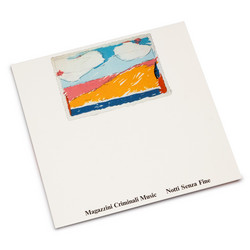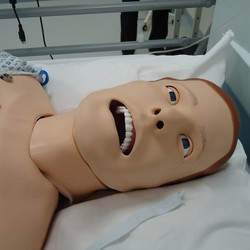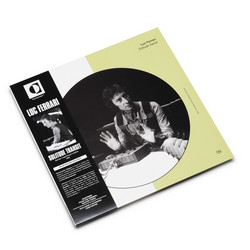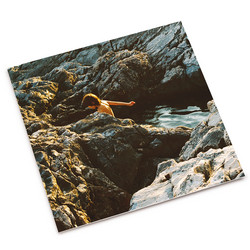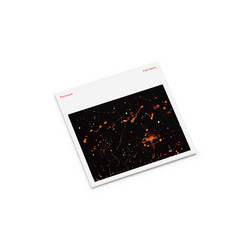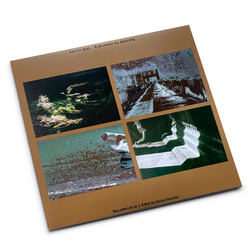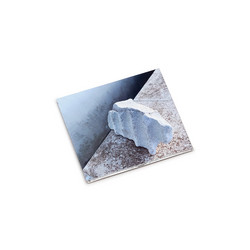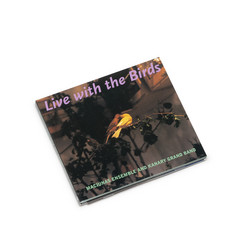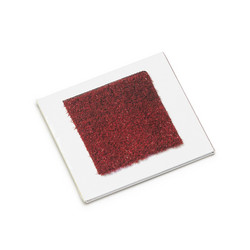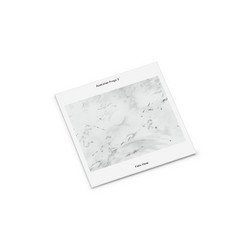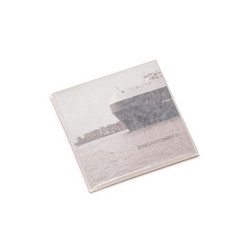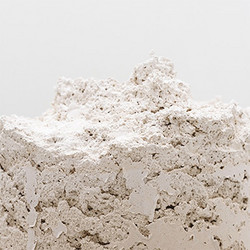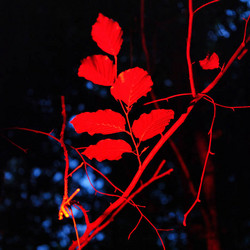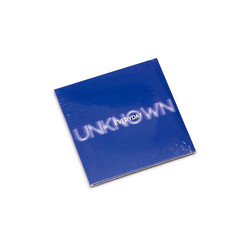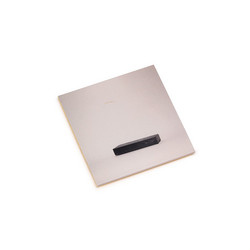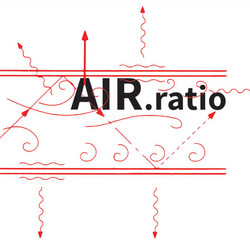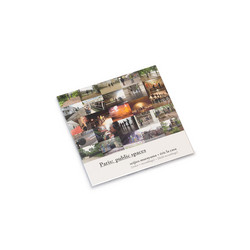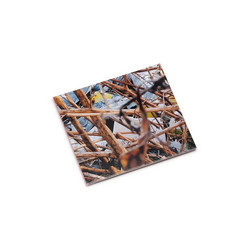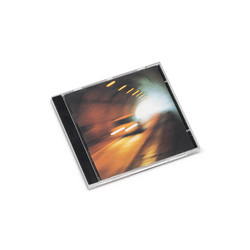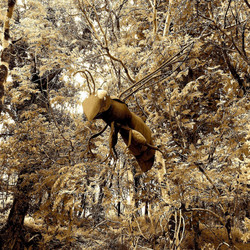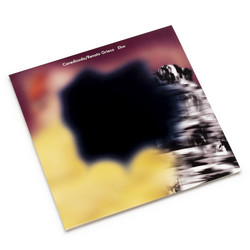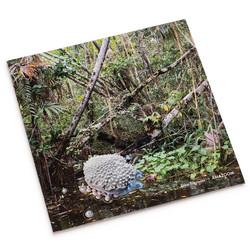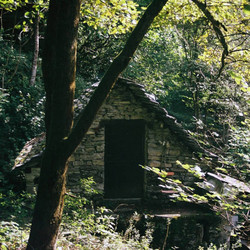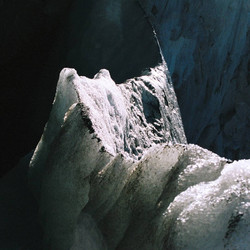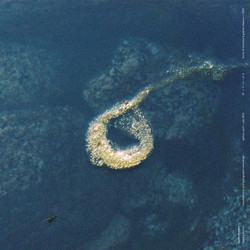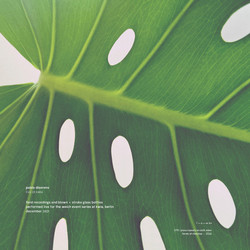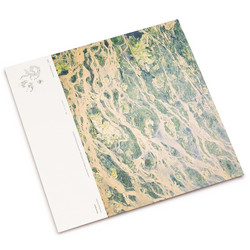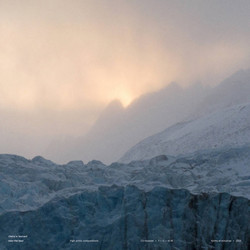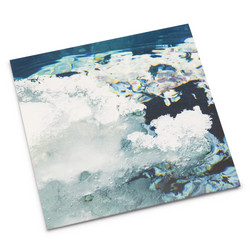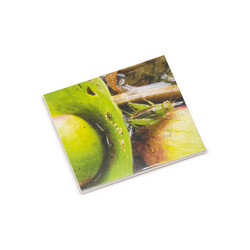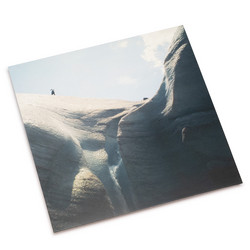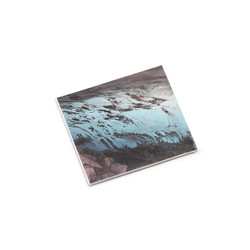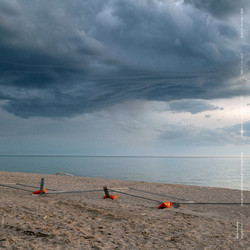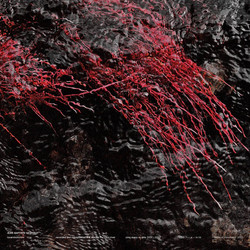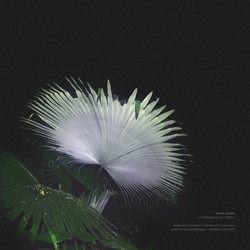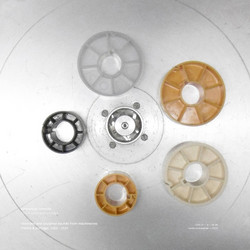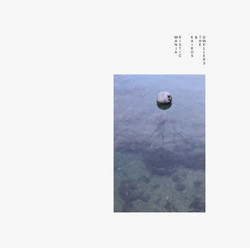Pablo Diserens, The Ocean Comm/uni/ty
Upstream Ensemble
Edition of 100. forms of minutiae and TBA21–Academy present "upstream ensemble", a communal happening and aqueous sound piece initiated and composed by field recordist, artist, and f–o–m co-founder Pablo Diserens. During the 2022/23 digital residency hosted by TBA21–Academy’s Ocean-Archive.org, Pablo Diserens launched an open call inviting members of its online platform ocean comm/uni/ty (and external enthusiasts) to venture into the world and record aqueous sonic encounters. The aim of this collective liquid attuning was to gather sound recordings from various wet ecologies while stimulating listening and field recording gestures regardless of any previous experience.
Recordings from 35 contributors were woven into the long-form sound composition "upstream ensemble" which navigates between the multiplicity of the water cycle as a sounding body. The work moves upstream through oceans, rivers, pipe networks, ponds, and glaciers while investigating the continuous flow of water and the environments that surround it. Listeners encounter drifting habitats trickling with the songs of sea lions, dolphins, blue whales, humpback whales, Arctic terns, and algae photosynthesis – as well as with the invasive hums of submarines’ sonars, boats, and human infrastructures. With "upstream ensemble" some of the world’s aqueous fauna, flora, geologies, and technologies mingle into a synchronized motion that documents the sonic articulations of these wet zones.
In resonance with Pauline Oliveros’ Deep Listening practice and inspired by Rachel Carson’s exploration of the intertidal zone in her book "The Edge of the Sea", this project contributes to an ever-expanding list of works that propose a focus on listening as a way of engaging and existing with the planet’s waters. By stimulating shared listening and attuning practices, Pablo Diserens aims to develop a sense of interconnectedness by blurring the boundaries between species as well as environments. Experiencing aqueous biomes both individually and collectively acts as a way of rethinking our relationships with the world. Despite these being mostly solitary experiences, Pablo believes that field recording and listening are communal and environmental practices that form gateways for earthly synchronicity and world mapping in time and space. Thus listening in turn can become a political act that sparks emotional
